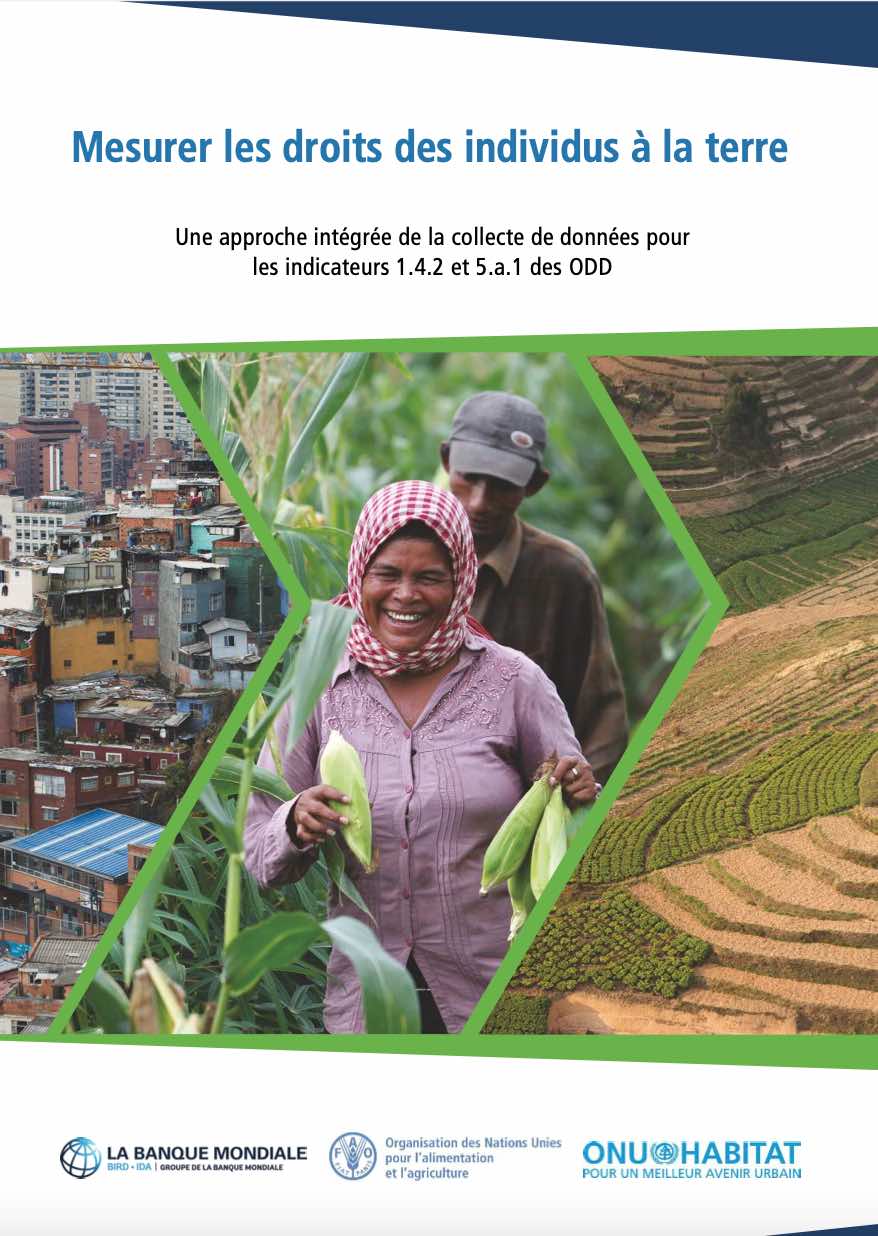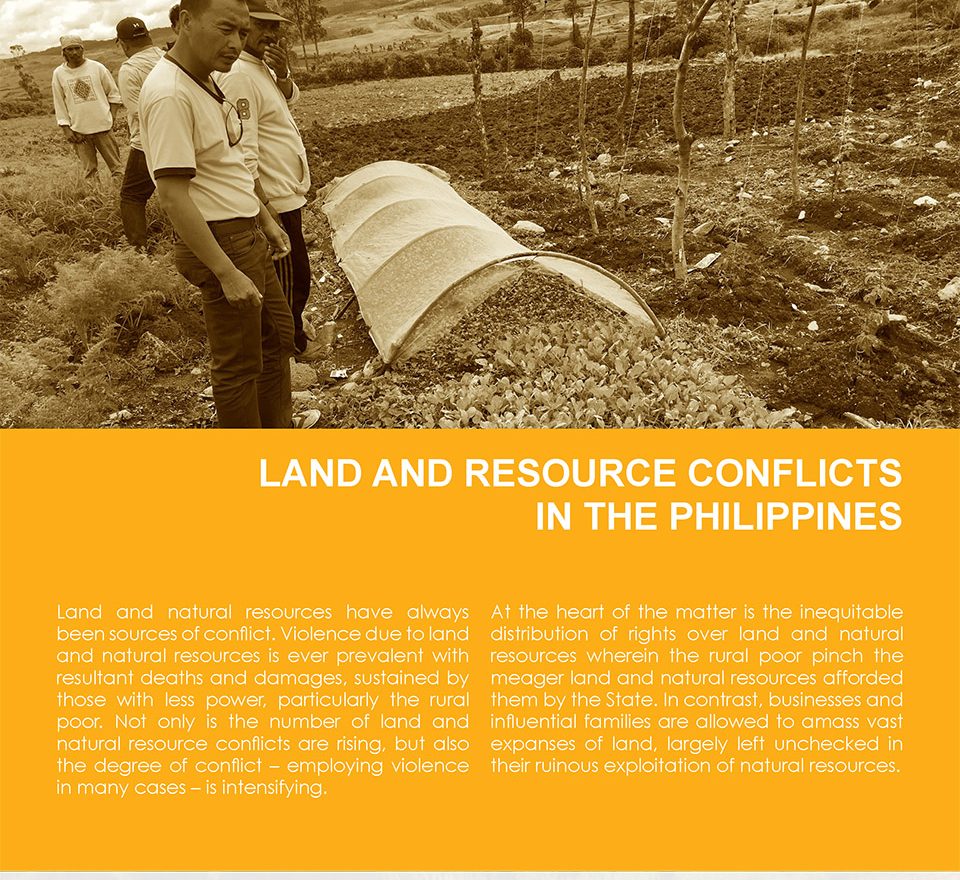Focal point
Location
The Global Land Tool Network (GLTN) is an alliance of global regional and national partners contributing to poverty alleviation through land reform, improved land management and security of tenure particularly through the development and dissemination of pro-poor and gender-sensitive land tools.
Secure land tenure and property rights are fundamental to shelter and livelihoods as well as the realisation of human rights, poverty reduction,economic prosperity and sustainable development.
The Global Land Tool Network (GLTN) main objective therefore is to contribute to poverty alleviation and the Millennium Development Goals through land reform, improved land management and security of tenure.
UN-Habitat through GLTN continues to work towards this with partners who include international civil society organizations, international finance institutions, international research and training institutions, donors and professional bodies.
Most developing countries use conventional land administration systems which cover less than 30 per cent of the country, leaving up to 70 per cent of citizens looking to informal and/ or customary approaches for their tenure security.
While there are many examples of good land policies, there are few policies that have been fully implemented due to lack of pro-poor, gendersensitive and largescale land tools. Further, conventional land titling approaches have largely failed to deliver their expected results since existing technical solutions are too expensive, inappropriate for the range of tenure found in developing countries, unsustainable financially or in terms of available capacity, and instead a range of land tenure options is more appropriate.
Core Values
Consequently, GLTN's core values and principles are founded in the development of land tools that are:
- Pro poor;
- Equitable;
- Sustainable;
- Affordable;
- Systematically large scale /scalable; and,
- Gender-sensitive, while taking into consideration:
- Good governance;
- Subsidiarity; and,
- The Continuum of Land Rights.
GLTN Objectives and Mandate
GLTN has developed a global partnership on land issues pulling together global partners, as well as many individual members. These partners include international networks of civil society, International Finance Institutions, international research and training institutions, donors and professional bodies. It continues to take a more holistic approach to land issues by working towards the following objectives:
- The establishment of a continuum of land rights, rather than just focus on individual land titling
- Improving and developing pro-poor land management, as well as land tenure tools
- Unblocking existing initiatives Assisting in strengthening existing land networks
- Supporting in the development of gendered land tools which are affordable and useful to grassroots
- Improving the general dissemination of knowledge about how to improve security of tenure
- Improving the general knowledge dissemination on the improvement of security of tenure
Resources
Displaying 21 - 25 of 286Mambasa territory elated at the commencement of construction of the land administration building
Describes how inclusive technology;a gender-responsive documentation process and shifting gender norms are empowering women through secure land rights. Includes recognising women as landowners;leading by example;securing land;securing futures.
Mesurer les droits des individus à la terre
Ce document vise à faciliter la collecte de données comparable entre pays pour le calcul des indicateurs des ODD 1.4.2 et 5.a.1 conformément aux méthodologies approuvées par l’IAEG-SDG. Cette publication donne un aperçu des indicateurs, une discussion sur les différents modules de questionnaire proposés et des conseils détaillés pour chacun.
Securing Land Tenure for Improved Food Security in Uganda
Draws from a research report which responded to heightened concerns over rising conflict and antagonism between predominantly herding groups and more settled farming peoples across a wide band of semi-arid Africa. Many increasingly blame ‘farmer–herder conflict’;but neither recent history nor surveys of armed violence support this simplification. Pastoralism is seen as disruptive and backward;fighting an unwinnable battle for scarce resources. Yet in truth it is an under-valued adaptation to variability that can make livelihoods and landscapes more climate-resilient.
Land and Resource Conflicts in the Philippines
Concerns over food insecurity in developing countries are reflected in the Sustainable Development Goals (SDGs) to end hunger, achieve food security and improved nutrition, and promote sustainable agriculture by 2030. Given that land plays an important role in the livelihoods of most people in developing countries, food security and poverty reduction cannot be achieved unless issues of access to land, security of tenure, and the capacity to use land productively and in a sustainable manner are addressed.
Empowerment of youth through strengthening their land rights knowledge and research capacity: evidence from Eastern and Southern Africa
Africa is a continent of youth. However, its high rates of youth unemployment linked to high levels of landlessness suggest a close correlation with youth poverty and access to land. This paper presents the perspective of an approach for capacitating youth through research on land and natural resource tenure in Eastern and Southern Africa.








